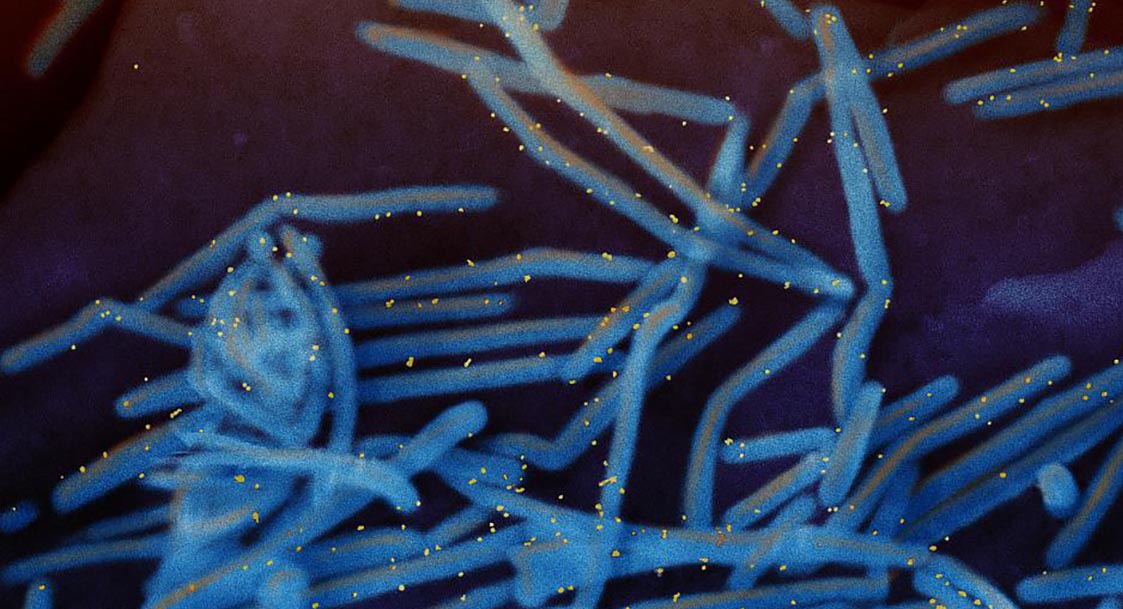Experimental respiratory syncytial virus vaccine prompts antibody surge
Structure-based candidate designed by IRP scientists
A novel experimental vaccine against respiratory syncytial virus (RSV), a leading cause of severe respiratory illness in the very young and the old, has shown early promise in a Phase 1 clinical trial. The candidate, DS-Cav1, was engineered and developed by researchers at the National Institute of Allergy and Infectious Diseases (NIAID), part of the National Institutes of Health, who were guided by their atomic-level understanding of the shape of an RSV protein. An interim analysis of study data showed that one dose of the investigational vaccine prompted large increases in RSV-neutralizing antibodies that were sustained for several months. The findings are reported in Science.
First described in 1956 as a cause of infant pneumonia, the health burden of RSV has long been underappreciated. In fact, the virus is an important contributor to serious illness worldwide and causes as many as 118,000 deaths annually among young children. In the United States each year, RSV infections account for approximately 57,000 hospitalizations and 2 million outpatient clinic visits among children younger than 5-years-old, according to the Centers for Disease Control and Prevention. Among people older than 65, RSV is estimated to cause 14,000 annual deaths in the United States. Globally, a recent large study led by the International Vaccine Access Center found that the virus was responsible for 31% of all cases of severe pneumonia requiring hospitalization in young children in seven low- and middle-income countries.
“A vaccine to prevent RSV is a long-sought goal that has eluded us for decades,” said NIAID Director Anthony S. Fauci, M.D. “The early results of this trial suggest that this structure-based strategy for developing an RSV vaccine may bring that goal within reach.”

Scanning electron micrograph of human respiratory syncytial virus (RSV) virions (colorized blue) and labeled with anti-RSV F protein/gold antibodies (colorized yellow) shedding from the surface of human lung epithelial A549 cells.
This page was last updated on Friday, January 21, 2022